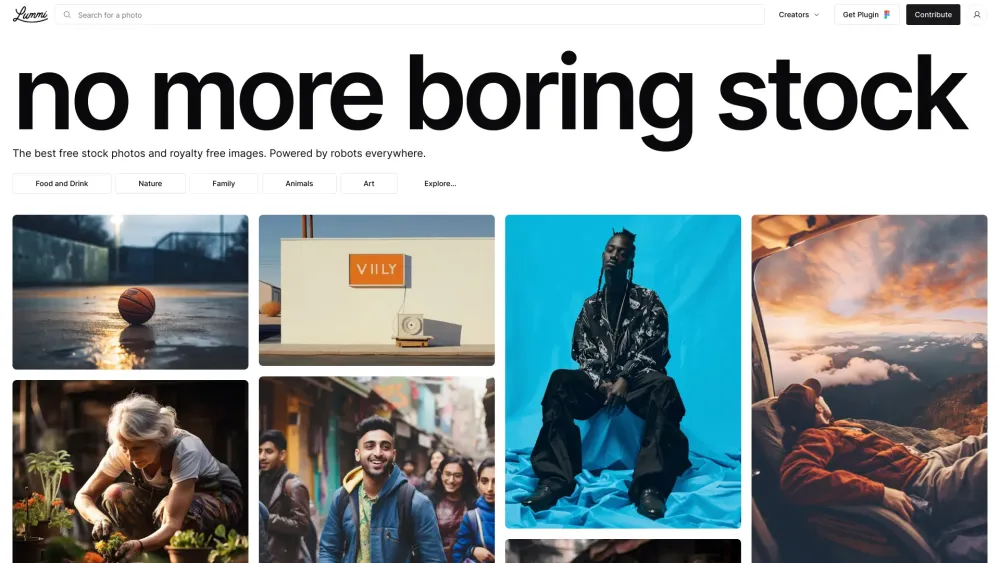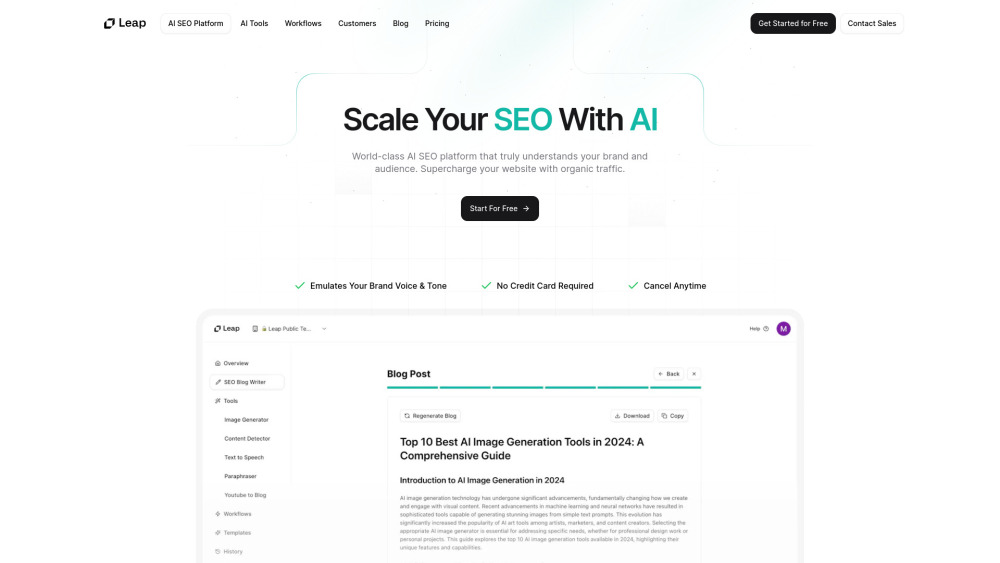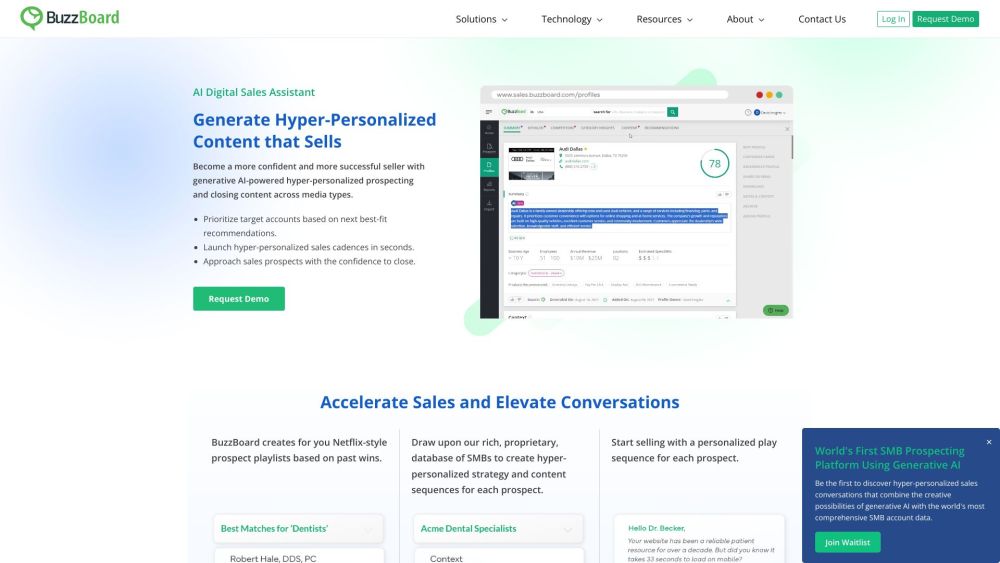Google Develops AI Technology for Enhanced Ultrasound Diagnosis and Cancer Treatment
Most people like

Discover the world of AI-curated stock photos, where cutting-edge technology meets stunning visuals. Explore an extensive collection of high-quality images, carefully selected by artificial intelligence to suit your creative needs. Whether for marketing campaigns, social media, or personal projects, our AI-driven platform ensures you find the perfect stock photos that resonate with your audience. Dive into a new era of imagery and elevate your projects with eye-catching visuals today!

Introducing an AI-Powered Workflow Platform for the ARM and Healthcare Sectors
Discover how our advanced AI-driven workflow platform transforms the Accounts Receivable Management (ARM) and healthcare industries. By streamlining processes and enhancing operational efficiency, our platform empowers organizations to optimize their workflows, improve patient outcomes, and accelerate revenue cycles. Explore the future of industry innovation with cutting-edge technology tailored for your needs.

Unlock the potential of your online presence with our advanced AI SEO tool, designed specifically to help you produce high-quality SEO content. Enhance your website's visibility and engagement by leveraging cutting-edge algorithms that analyze trends and optimize your writing for search engines. Create compelling, relevant, and keyword-rich content that resonates with your audience while improving your ranking on search results. Embrace the future of content creation and watch your visibility soar!
Find AI tools in YBX
Related Articles
Refresh Articles

